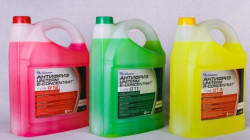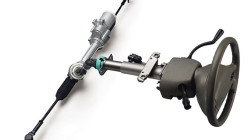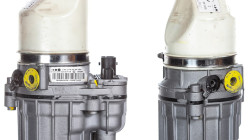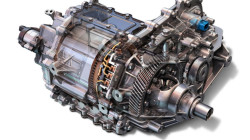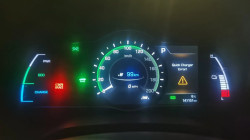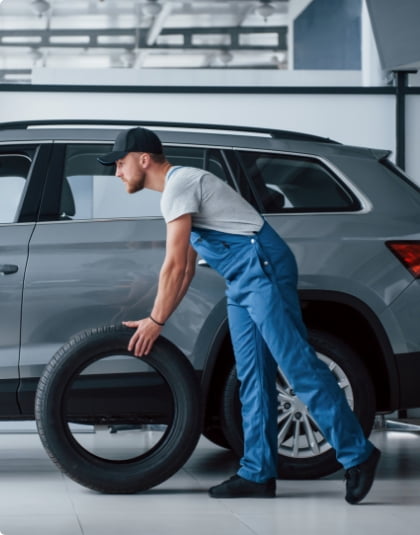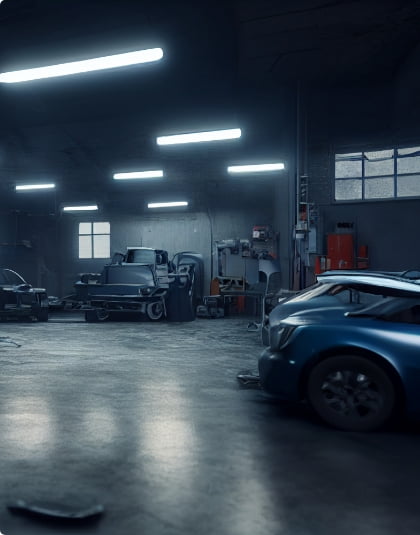NISSAN Almera Steering rack duster
NISSAN Almera Steering rack duster for other cars
Steering Rack Boot - what to know
In a car, there are no secondary, unimportant, or unnecessary parts. Each component has its specific function, which is inextricably linked to the functions of other units and assemblies. A malfunction of one element, even a simple and inexpensive one, can cause more serious damage to important components. This can affect not only the comfort and power of the car but also its safety. One such part is the steering rack boot, installed on its rods.
What is a Steering Tie Rod Boot
A steering rack boot is a special cover, most often made of corrugated rubber, which is placed either on the steering mechanism rod or its end. Less commonly, it comes in the form factor of an elastic cap on the body of this part. The boot's task is to protect the rack from external aggressive factors (moisture, dirt, dust), preventing them from getting inside and preventing premature failure of the assembly.
The boot is usually made of soft but durable rubber, allowing it to fold and unfold multiple times while maintaining its main qualities – primarily, impermeability. For this, it needs a whole range of properties:
- elasticity – so that the corrugation folds don't tear when stretched;
- heat resistance, as the boot works in conditions of constant temperature fluctuations (hot engine and cold environment);
- mechanical strength, as it can be hit by sand, stones, and even branches from the road;
- resistance to chemical effects – primarily to gasoline, oil, and other automotive fluids.
Therefore, while steering boots were previously made of rubber, today they are manufactured from special materials:
- Neoprene – chloroprene rubber, whose temperature range lies between -50 to +90°C thanks to special additives;
- Polyurethane – a strong polymer characterized by good frost resistance and excellent mechanical durability;
- Thermoplastic – a hard material that becomes elastic when heated;
- Silicone – a modern material with good chemical resistance and wide temperature range.
To ensure the boot maintains impermeability and securely attaches to the rods or ends, clamps – metal or plastic – are used.
Signs of Steering Tie Rod Boot Failure
Even the most reliable parts wear out over time and stop performing their functions. Steering mechanism boots are structurally designed as consumable materials. Symptoms indicating the part has lost its functions include:
- loss of elasticity;
- appearance of microcracks, especially at corrugation bends;
- peeling and delamination of rubber;
- mechanical damage: cuts, holes.
Can You Drive with a Damaged Boot?
The answer is categorical: no. The boot protects expensive and critical components: the steering mechanism and its hydraulic or electronic systems. Water and dirt getting inside them threatens serious breakdowns and expensive repairs. At any suspicion of boot malfunction, they need to be replaced immediately.
How to Replace a Steering Boot
To replace a steering mechanism boot, you need appropriate skills, tools, and equipment. Since you'll definitely need to remove the front wheels, you'll need a jack, or better yet - a lift. Special steering tie rod removers will also come in handy. After completing the procedure, you must check the wheel alignment angles - do the camber and toe adjustment, as you'll need to unscrew the tie rod ends.
Therefore, for boot replacement, it's worth visiting a service station where all work will be performed efficiently, quickly, and with guaranteed results. The best option is STS.Parts service station. Our specialists have many years of experience in repairing and restoring steering systems of any complexity, as well as all necessary equipment.
How to Choose a Steering Tie Rod Boot for Your Car
For reliable protection and long service life, it's necessary to select spare parts, including steering tie rod boots, specifically for your car's make and model. On the STS.Parts online store website, you can find any boots from all popular manufacturers:
- Lemforder
- TRW
- SKF
- Febi Bilstein
- SWAG and others.
Using convenient search, our customers can independently select the part they're interested in and order with delivery to any location in Poland. If difficulties arise, our qualified managers will gladly help with selection and provide competent consultation on all questions.






